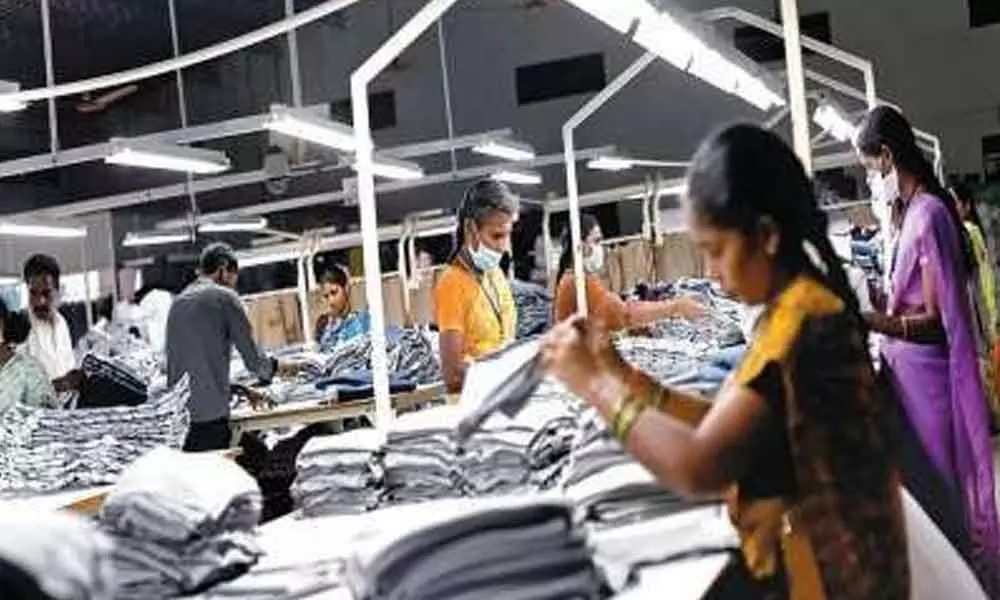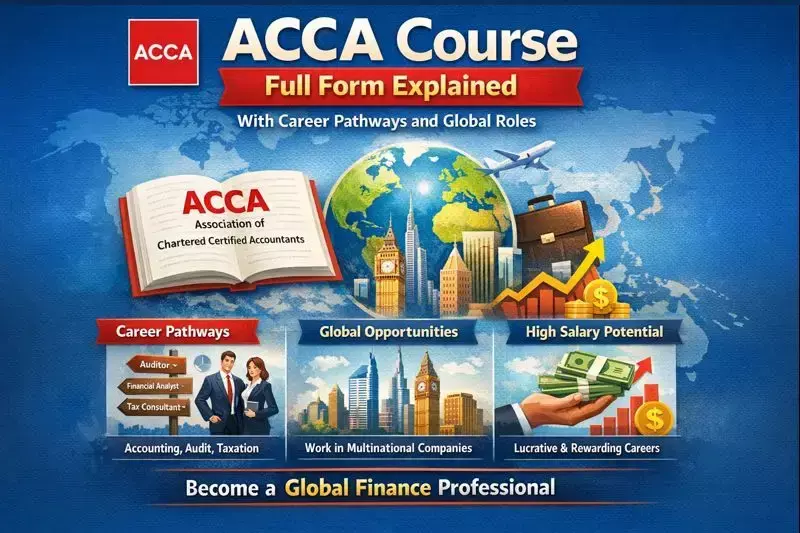In defence of protectionism

protectionism
The Indian economy is under threat from the influx of foreign goods – especially from China – threatening our national security. The government has, therefore, banned a number of Chinese apps, decided to stop imports of about 100 defence items and increased import duties on select goods including coats, pants, jackets, gems and jewellery, plastics, chemicals and leather.
The Indian economy is under threat from the influx of foreign goods – especially from China – threatening our national security. The government has, therefore, banned a number of Chinese apps, decided to stop imports of about 100 defence items and increased import duties on select goods including coats, pants, jackets, gems and jewellery, plastics, chemicals and leather.
The underlying question is whether we should embrace high-cost domestic production or low-cost imports. The support to high-cost domestic production is called protectionism i.e., protecting our industries from foreign goods by imposing high import duties. The benefits of protectionism in terms of self-dependence and for protecting the economic sovereignty of the country is mostly undisputed. Yet, the steps taken by the government though in the right direction are far short of the action that is needed. In this article, I propose to examine the arguments against protectionism.
The first argument is that protectionism focuses on the interests of the producers rather than on those of the consumers. It is a rehash of the classical conflict between the "moneyed businessman" and the "hapless consumer." The increase in the import duty on jackets from 10 per cent to 20 per cent will, for example, lead to an increase in the landed cost of imported jackets. That will enable domestic manufacturers to charge high prices, improve their profits and lead to increased domestic production. At the same time, the consumer will have to buy a more expensive jacket. However, this is only one side of the story. This argument ignores the fact that domestic production creates employment and places purchasing power in the hands of the consumer.
Question arises wherefrom will the domestic consumers get the money to buy the cheap imported bulbs, tables, paper, cloth, etc. if cheap imported jackets are allowed entry? Our industries will close down, our citizens will not get the jobs and they will have no money in their hands to buy the cheap jackets that may be available in the market. The issue, therefore, is not of 'producer' versus 'consumer.' The issue is whether we want to give our people jobs and money with which to buy expensive domestic jackets, or we want to give them no money to buy the cheap imported jackets. The second argument against protectionism is that every country should focus on what it can produce cheap, and import what others can produce cheap. India, for example, may make cheap carpets while China may make cheap jackets. Thus, India should make carpets and export to China and import jackets from China in return. Such trade will provide jobs to the Indian workers in the production of carpets and the consumer would be able to buy cheap Chinese jackets with that earning.
This logic, though basically correct, ignores two side-effects of foreign trade. One, imports require us to bear the cost of economic dependence. We pay for insurance when we buy a car. We add the cost of insurance on the purchase price of the car. Similarly, we must add the cost of insurance against dependence on the cost of imports. Let us say, we import cheap steel from China. We become dependent on China for steel. We may have to incur a heavy cost due to our inability to make steel in case of a war. We must, therefore, add an insurance premium to the cost of imported steel for covering this risk. In this context, the great economist Keynes had said, "let goods be homespun whenever it is reasonably and conveniently possible." The idea was that a country should be self-reliant in essential goods while trade in non-essential goods can be good.
Two, it is ignored that domestic production lays the foundation of our technological prowess. We are able to produce guns, tanks, bridges and space satellites if we can produce our own industrial steel. We will not be able to make the special steels if we do not make the industrial steel for our automobile sector just as the student cannot understand the Mathematics of Class 10 without passing Class 8. In other words, we must produce our own steel to prepare the foundations of our technological advancement. We may indeed import chocolates from Switzerland. The argument that every country should focus on what it can produce cheap, and import what others can produce cheap does not hold because the risk premium of costs of dependence and the loss of technological prowess is not taken into account.
The third argument against protectionism is that our embracement of this approach in the first 40 years of Independence did not beget us results. We must not tread the same discredited path again. It is true that Nehru supported production by the public sector undertakings (PSUs). But he and his successors made two mistakes as well. One, they did not enforce accountability of the officials and politicians heading the PSUs, with the result that these units became hotbeds of nepotism and inefficiency. Two, they stifled domestic competition. For example, the two manufacturers of cars in the country till the eighties were Birlas and Walchand. Import duties were high and they merrily made inefficient cars because they were not threatened by competition. Reportedly, Tata wanted to make cars but was not given the licence. This duopoly was broken only when Sanjay Gandhi started the production of Maruti cars. Therefore, the inefficiency in the manufacture of cars was not necessarily because of protectionism. Rather, it was because of lack of competition coupled with protectionism just as antibiotics become harmful if not taken along with food. The same protectionism would have been beneficial if competition was promoted along with.
The arguments against protectionism do not hold. The government should consider even a two-times increase in import duties. The first caveat is that we must also impose high taxes on big factories producing with automatic machines so that small industries that generate employment are supported. The second caveat is that the government should simultaneously promote domestic competition aggressively.
The present hype in favour of foreign trade is motivated by professors, officials and politicians whose sons and daughters are working the multinational corporations and the World Bank. They live off foreign trade. Their "class consciousness" propels them to support foreign trade. They do not need employment to be generated by small industries. They want jobs in the World Bank and access to cheap foreign goods. They pander to the benefits of foreign trade to serve their own personal interests. The challenge before the government is not how to face Chinese imports. The challenge is how to face this foreign lobby deeply entrenched within.
(The author is former professor of Economics at IIM, Bengaluru)

















